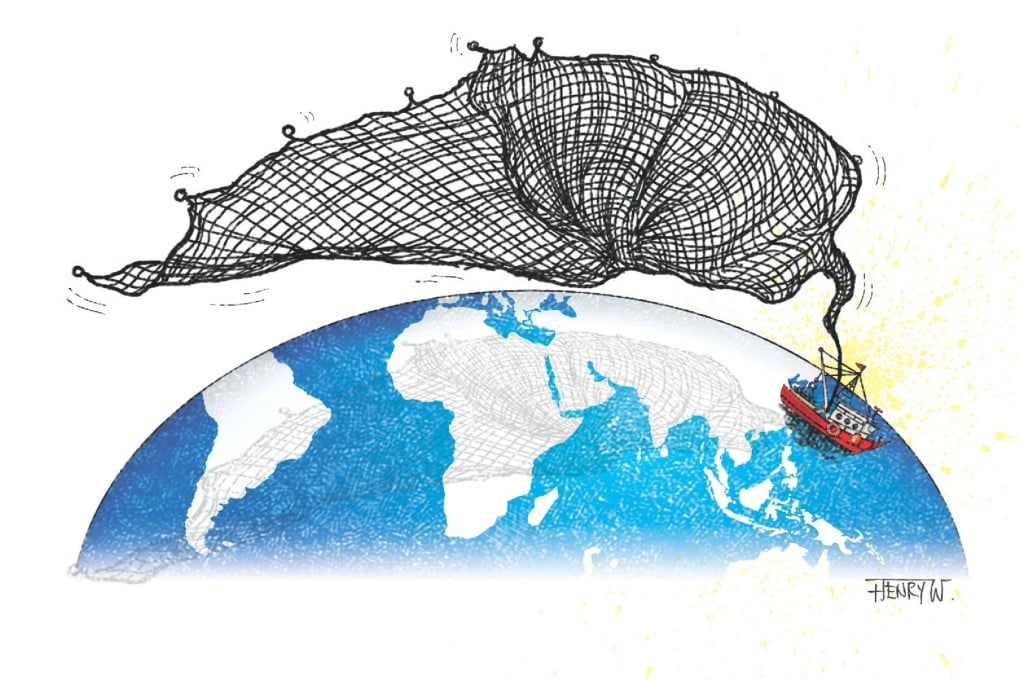Chinese demand changing terms of global competition for seafood
Mark Godfrey warns of pressure on both the price and global supply of seafood as ambitious Chinese fisheries companies scour the seas to secure stocks for consumption and export

Anyone who visits supermarkets and restaurants in Beijing or Shanghai will have noticed the increased internationalisation of China's seafood tastes and supplies. Consumers can now choose from Argentinian red shrimp, cod steaks from the North Atlantic, ribbonfish from the Indian Ocean - all caught, packaged and distributed by companies like China National Fisheries Corp and Shanghai Fisheries General Corp (Group).
Chinese seafood companies like the Beijing Four Seas Flourishing Fish Co, which markets its "organic deep sea" Argentinean shrimp in Beijing supermarkets, are going overseas to replace increasingly scarce local stocks. My visits in recent years to eastern port cities like Yantai , Qingdao and Weihai reveal an alarming shortage of fish in China's territorial waters.
The authorities impose an annual three-month ban on fishing in the Bohai and Yellow seas. As the ban comes to an end this month and fishermen go back to the sparse local seas, China's port cities have set their sights much farther away.
The term "long distance fisheries" has become a favourite of officials in cities like Qingdao and Weihai in Shandong province. A blueprint published by Qingdao's government in 2012 titled "Accelerating the development of long-distance fishing" encourages local fishing fleets to go to waters in Africa, Latin America and, increasingly, the North Atlantic to bring back catches of squid, shrimp and fish for Chinese dining tables and for the country's giant fish processing industry. Qingdao's Ocean and Fisheries Bureau boasts that the city now has 20 long-distance fishing companies with "51 vessels and 24 more under construction".
What China is doing is similar to what was done in the 1960s and 1970s by the Spanish commercial fishing fleet, which sailed a giant fleet around the world to secure fishing stocks for Spanish fish processors and exporters. And, like the Spanish, Chinese firms are buying peers in Latin America and North Africa (Morocco) in order to secure the licences for certain waters as well as bases from which to process and ship onwards.
Cases in point include acquisitions in Argentina and Morocco by the state-run Shanghai Fisheries General Corp (Group). Its subsidiary, Shanghai Jinyou Deep Sea Fisheries Co, this year completed the purchase of Altamare SA, a shrimp and fish catcher and processor in Puerto Madryn, in the Argentine region of Patagonia.